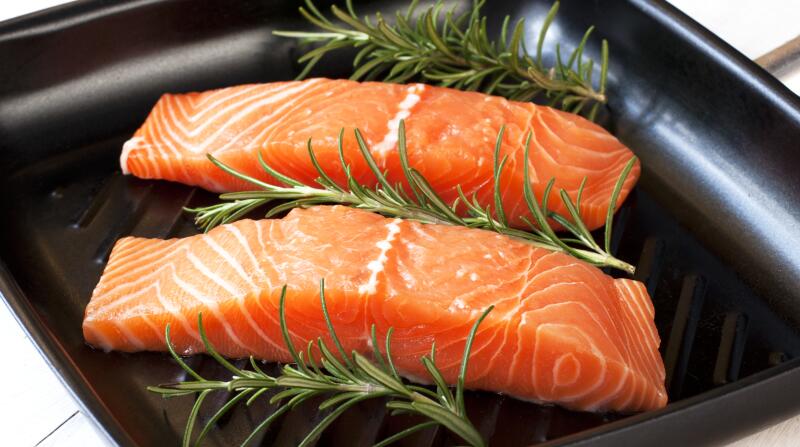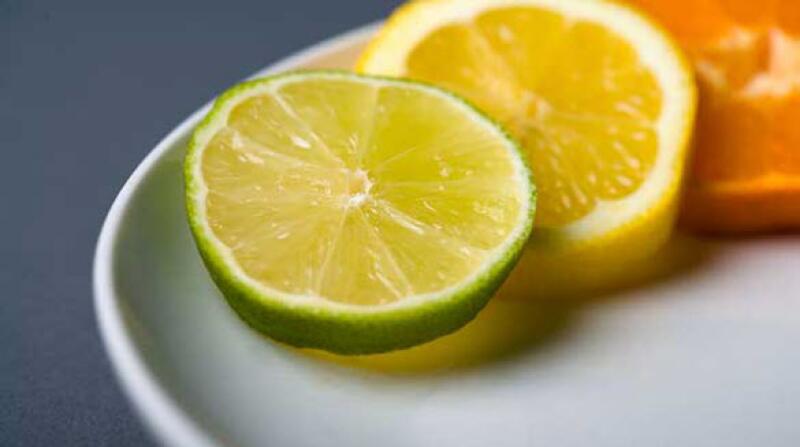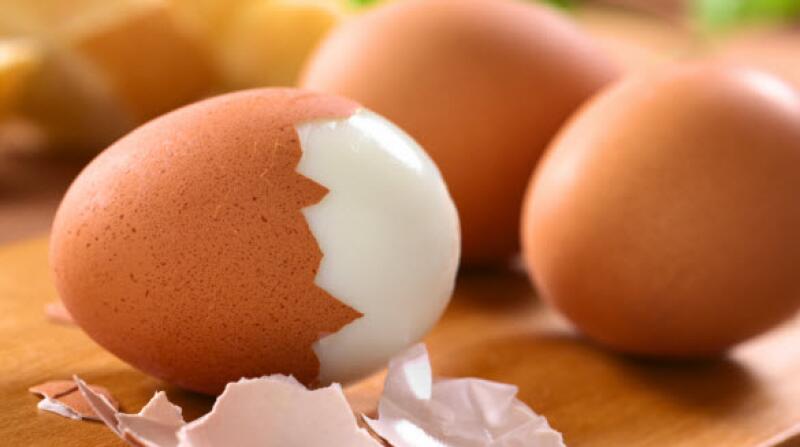8 Essential Vitamins and Minerals for Women

Medically Reviewed By William C. Lloyd III, MD, FACS
Written By Cindy Kuzma on June 21, 2021
-
 8 Essential Vitamins and Minerals for WomenWhether your dining style is “grab ‘n’ go” or “sit and chill,” it pays to pay attention to what you eat. Women’s nutritional needs change throughout life, and it’s not always easy to get all the nutrients you need. Here are eight vitamins and minerals that you should make time for.
8 Essential Vitamins and Minerals for WomenWhether your dining style is “grab ‘n’ go” or “sit and chill,” it pays to pay attention to what you eat. Women’s nutritional needs change throughout life, and it’s not always easy to get all the nutrients you need. Here are eight vitamins and minerals that you should make time for. -
 1. CalciumGetting enough calcium, especially during your teens and 20s, helps prevent fragile bones in later life. Calcium is also essential for healthy muscles, nerves, and blood flow. Good sources: milk; yogurt; cheese; kale; broccoli; canned salmon with bones; and calcium-fortified cereals, soy beverages, and fruit juices (check the label).
1. CalciumGetting enough calcium, especially during your teens and 20s, helps prevent fragile bones in later life. Calcium is also essential for healthy muscles, nerves, and blood flow. Good sources: milk; yogurt; cheese; kale; broccoli; canned salmon with bones; and calcium-fortified cereals, soy beverages, and fruit juices (check the label).
-
-
 2. Vitamin DThis vitamin helps your brain cells communicate, boosts immunity, and partners with calcium to promote healthy bones. Older women may need a dietary supplement, since their skin makes little vitamin D from sunshine. Good sources: salmon; tuna; eggs; milk; mushrooms; and vitamin D-fortified cereal, yogurt, and orange juice (check the label).
2. Vitamin DThis vitamin helps your brain cells communicate, boosts immunity, and partners with calcium to promote healthy bones. Older women may need a dietary supplement, since their skin makes little vitamin D from sunshine. Good sources: salmon; tuna; eggs; milk; mushrooms; and vitamin D-fortified cereal, yogurt, and orange juice (check the label).
-
 3. FolateThis B vitamin is essential for making DNA and healthy red blood cells. Many teens and young women don’t get enough. All females of child-bearing age need added folate. Folate prevents certain types of birth defects—when a woman has adequate folate in her system before she becomes pregnant. Good sources: spinach, brussels sprouts, asparagus, broccoli, beans, orange juice, rice, and fortified cereals.
3. FolateThis B vitamin is essential for making DNA and healthy red blood cells. Many teens and young women don’t get enough. All females of child-bearing age need added folate. Folate prevents certain types of birth defects—when a woman has adequate folate in her system before she becomes pregnant. Good sources: spinach, brussels sprouts, asparagus, broccoli, beans, orange juice, rice, and fortified cereals.
-
 4. IronWithout adequate iron, your body cannot make new red blood cells, which deliver vital oxygen to all of your tissues. The result can be fatigue and anemia. Teenage girls, women of childbearing age, and vegetarians often come up short on this mineral. Good sources: liver, beef, turkey, chicken, tuna, beans, tofu, spinach, raisins, and fortified cereals.
4. IronWithout adequate iron, your body cannot make new red blood cells, which deliver vital oxygen to all of your tissues. The result can be fatigue and anemia. Teenage girls, women of childbearing age, and vegetarians often come up short on this mineral. Good sources: liver, beef, turkey, chicken, tuna, beans, tofu, spinach, raisins, and fortified cereals.
-
 5. Vitamin CThis multitasking antioxidant is a woman’s best friend, possibly combating free radical damage, infections, and chronic disease. Plus, it supports healthy collagen and helps prevent wrinkles and dry skin as you woman age. Good sources: red and green peppers, kiwifruit, oranges, grapefruit, cantaloupe, strawberries, cabbage, broccoli, cauliflower, potatoes, and tomatoes.
5. Vitamin CThis multitasking antioxidant is a woman’s best friend, possibly combating free radical damage, infections, and chronic disease. Plus, it supports healthy collagen and helps prevent wrinkles and dry skin as you woman age. Good sources: red and green peppers, kiwifruit, oranges, grapefruit, cantaloupe, strawberries, cabbage, broccoli, cauliflower, potatoes, and tomatoes.
-
-
 6. Vitamin B12This vitamin is important for healthy nerves and blood cells, although taking extra B 12 won’t increase your energy, as some supplements claim. Vegan women (who consume no animal foods) and older women may not get enough B 12. Good sources: beef, pork, poultry, fish, milk, yogurt, cheese, eggs, fortified cereals, fortified soy milk, and nutritional yeast.
6. Vitamin B12This vitamin is important for healthy nerves and blood cells, although taking extra B 12 won’t increase your energy, as some supplements claim. Vegan women (who consume no animal foods) and older women may not get enough B 12. Good sources: beef, pork, poultry, fish, milk, yogurt, cheese, eggs, fortified cereals, fortified soy milk, and nutritional yeast.
-
 7. IodineYour body uses iodine to make thyroid hormone, which regulates metabolism throughout your body. Most women get plenty of iodine, but pregnant women, who need extra iodine for their developing baby, should take special care to get enough. Good sources: fish, milk, yogurt, cheese, grains, seaweed, and iodized salt.
7. IodineYour body uses iodine to make thyroid hormone, which regulates metabolism throughout your body. Most women get plenty of iodine, but pregnant women, who need extra iodine for their developing baby, should take special care to get enough. Good sources: fish, milk, yogurt, cheese, grains, seaweed, and iodized salt.
-
 8. MagnesiumOne in every three American women has heart disease, and nearly one in 10 has diabetes. By promoting healthy blood pressure and blood sugar levels, magnesium may help prevent both diseases. Good sources: spinach and other leafy greens, whole grains, beans, and nuts.
8. MagnesiumOne in every three American women has heart disease, and nearly one in 10 has diabetes. By promoting healthy blood pressure and blood sugar levels, magnesium may help prevent both diseases. Good sources: spinach and other leafy greens, whole grains, beans, and nuts.
8 Essential Vitamins and Minerals for Women















